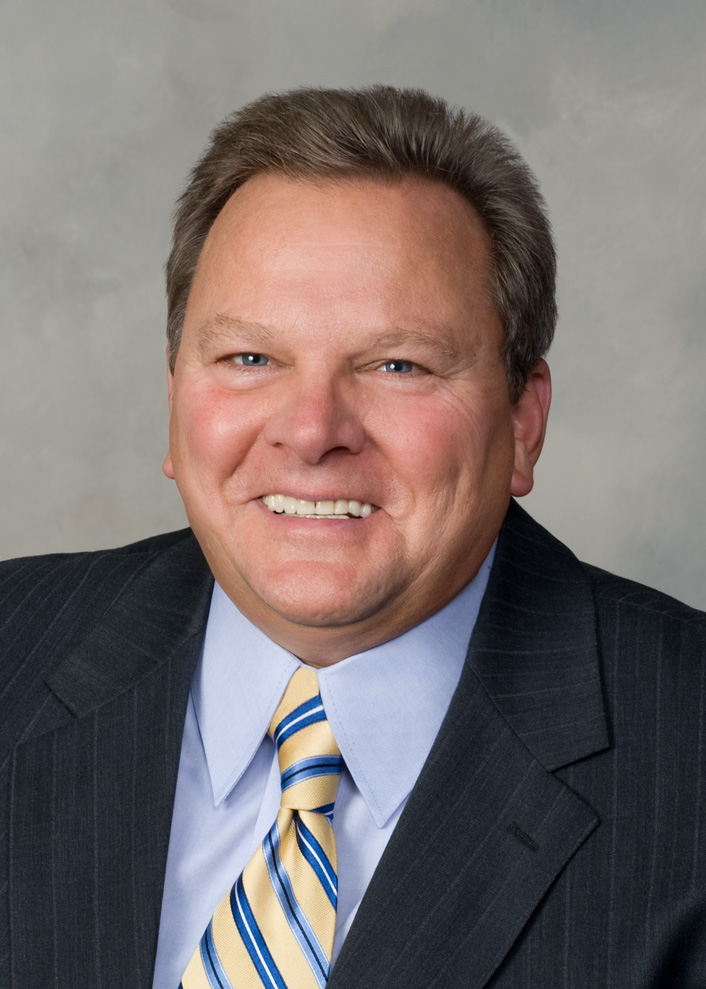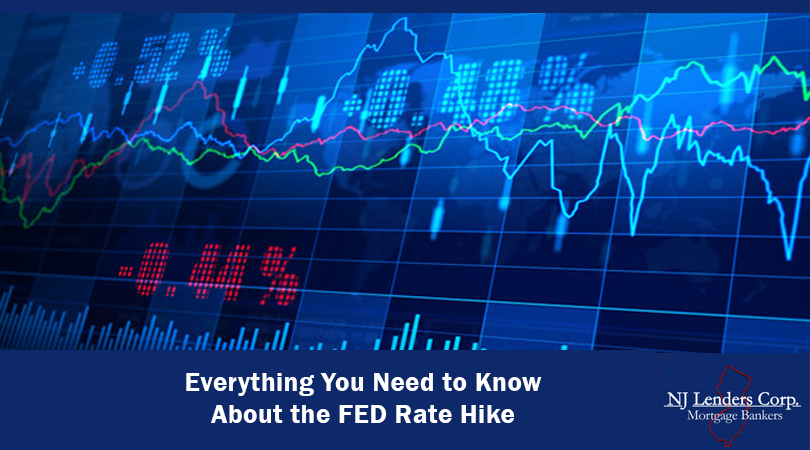
What The Fed Rate Hike Means For You

Looking to buy a house? You might want to act sooner rather than later.
In a nearly unanimous vote, the U.S. Federal Reserve increased the Fed Funds Rate by a quarter of a percent Wednesday. It is the second rate hike since December. While the rate increase indicates a strong economy, it will mean higher interest rates for mortgages and other consumer and business loans across the country. The Fed doesn't directly set mortgage rates, but its actions can affect long-term interest rates and the housing market.
The good news is, even with the increase, rates are still relatively low and many experts doubt they will reach 5% this year but these numbers could change.
At current interest rates, buyers will pay approximately $120 more per month compared to a year ago, assuming a $430,000 price tag and a 20% down payment.
Borrowers who are on the fence are urged to lock an interest rate before any further increases occur. Zillow economists predict home prices will most likely increase in 2017. These factors are all indications that prospective homebuyers should not delay.
The Fed has now raised rates three times since the end of 2015.
Len Kiefer, deputy chief economist at Freddie Mac,expects rates to stay around 4.25% to 4.50% this immediate buying season.
Don't be afraid of the housing market. The key step for any prospective homebuyer is to get aligned with a team of experts to help guide you. Choose a lender who has a good reputation for assisting its clients. Get your pre-approval from a reputable lender who sellers can trust, and lock in your interest rate.
About the Fed Funds Rate
The Fed Funds Rate is the rate at which banks can borrow money from each other overnight to maintain their reserve requirement. This rate is used to control the U.S. economy and is arguably the most important interest rate in the world. It not only affects all other interest rates, including mortgage rates, credit cards, and student loans, but also has a trickle-down effect that impacts the world economy.